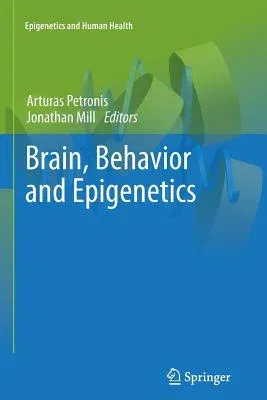Biomedical research in the first decade of the 21st century
has been marked by a rapidly growing interest in epigenetics. The
reasons for this are numerous, but primarily it stems from the mounting
realization that research programs focused solely on DNA sequence
variation, despite their breadth and depth, are unlikely to address all
fundamental aspects of human biology. Some questions are evident even to
non-biologists. How does a single zygote develop into a complex
multicellular organism composed of dozens of different tissues and
hundreds of cell types, all genetically identical but performing very
different functions? Why do monozygotic twins, despite their stunning
external similarities, often exhibit significant differences in
personality and predisposition to disease? If environmental factors are
solely the cause of such variation, why are similar differences also
observed between genetically identical animals housed in a uniform
environment?
Over the last couple of decades, epigenetics has undergone a significant
metamorphosis from an abstract developmental theory to a very dynamic
and rapidly developing branch of molecular biology.
Epigenetic processes primarily regulate gene expression, controlling the
tissue-specific orchestration of gene activity that ultimately accounts
for the development of multicellular organisms. They also have a number
of other important genomic functions including the suppression of
retroelements, the instigation of X chromosome inactivation in females
and a role in meiotic and mitotic recombination and chromosomal
segregation.

